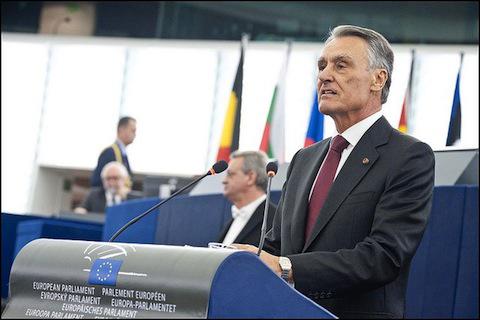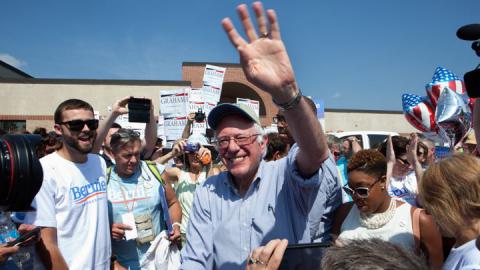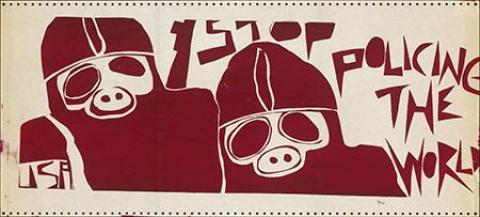Jeffco Voters Recall Three Conservative School Board Members
Colorado Statesman

Jefferson County school board politics have made headlines across the state and the nation for nearly two years. Pundits called the election Tuesday a political “proxy war” over larger right-left economic and cultural issues, a key battle for the future of public education, a warm up for the 2016 presidential election year in a bellwether county in a crucial swing state.









Spread the word